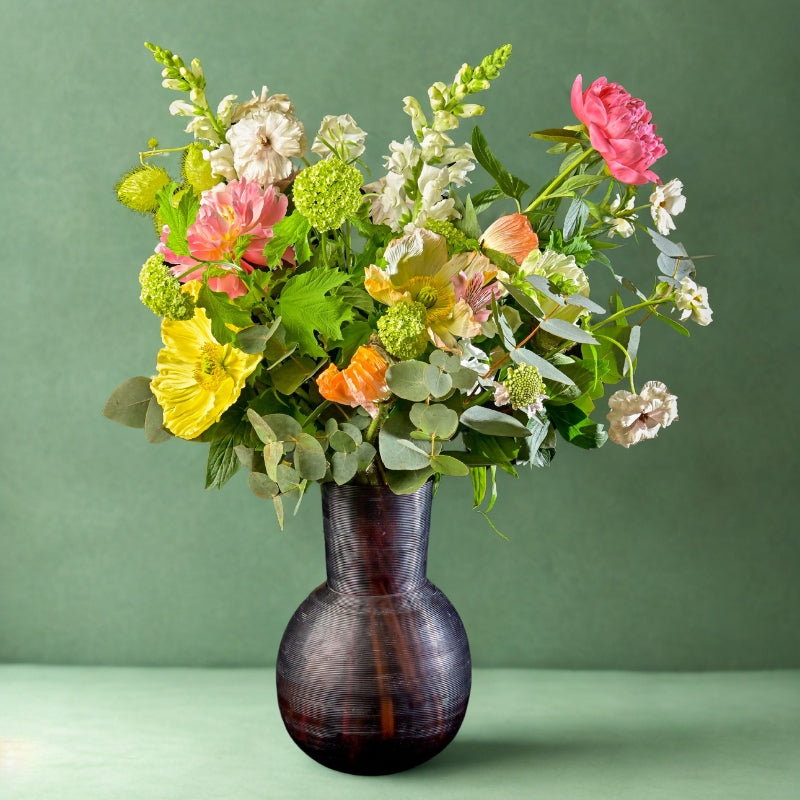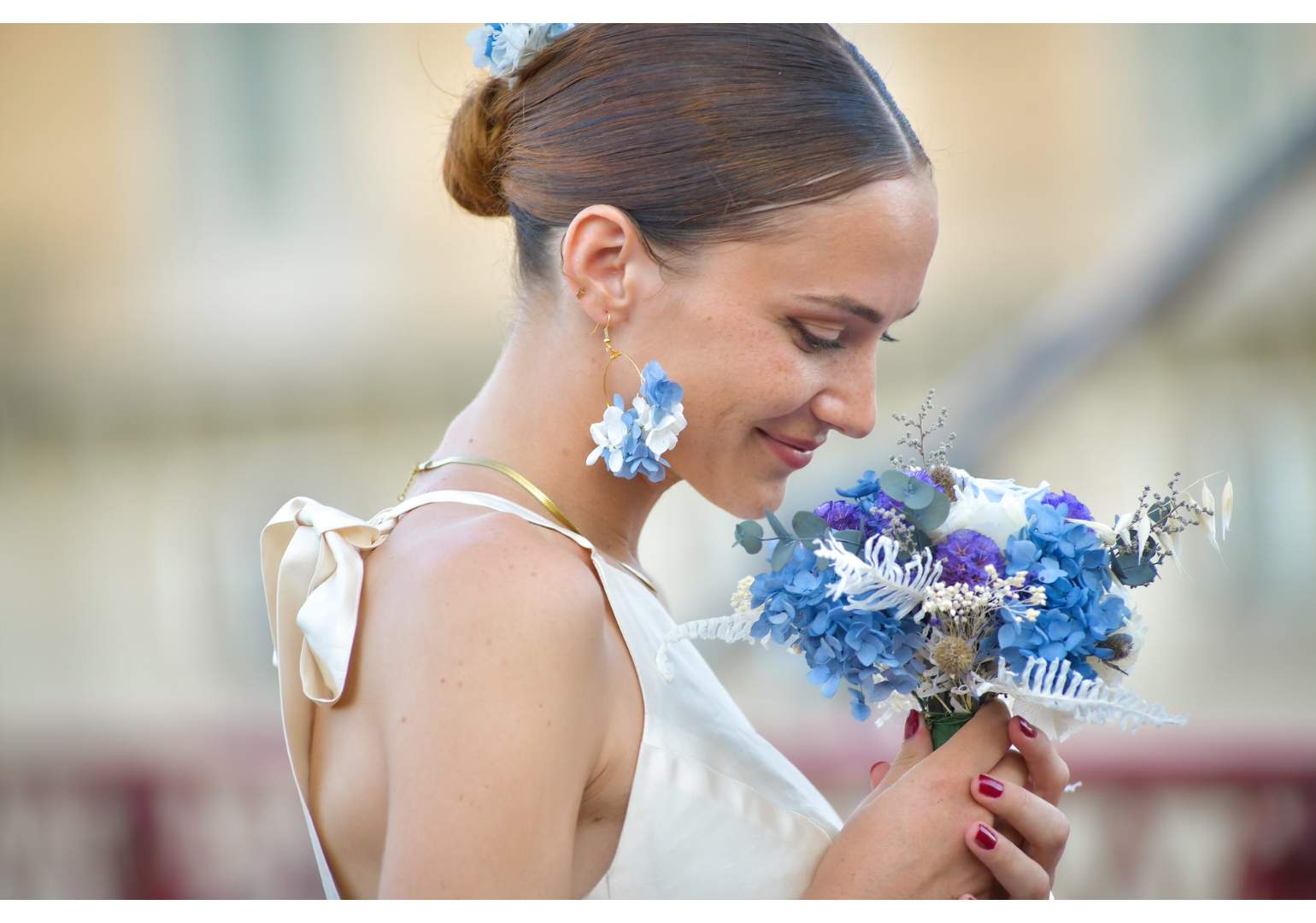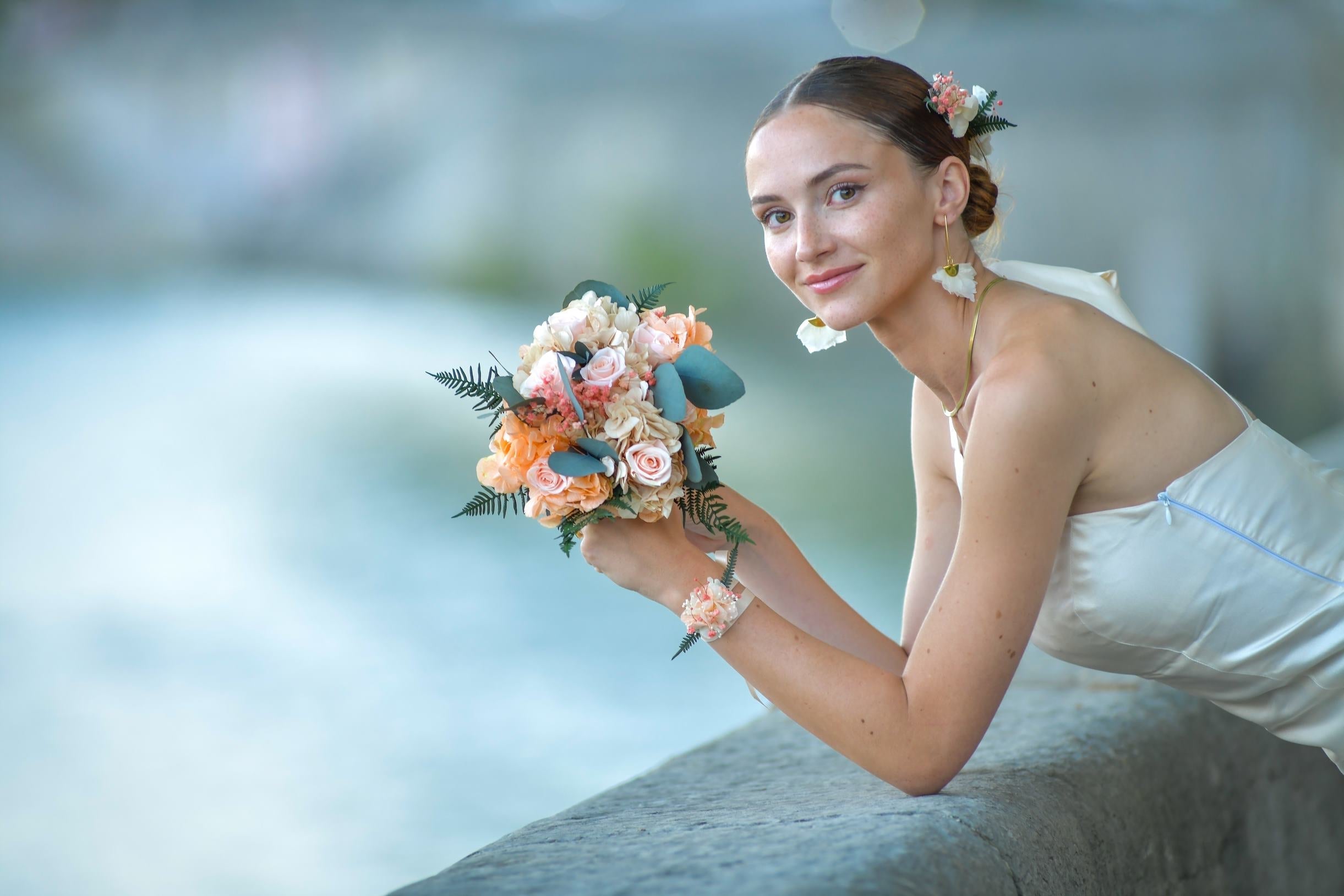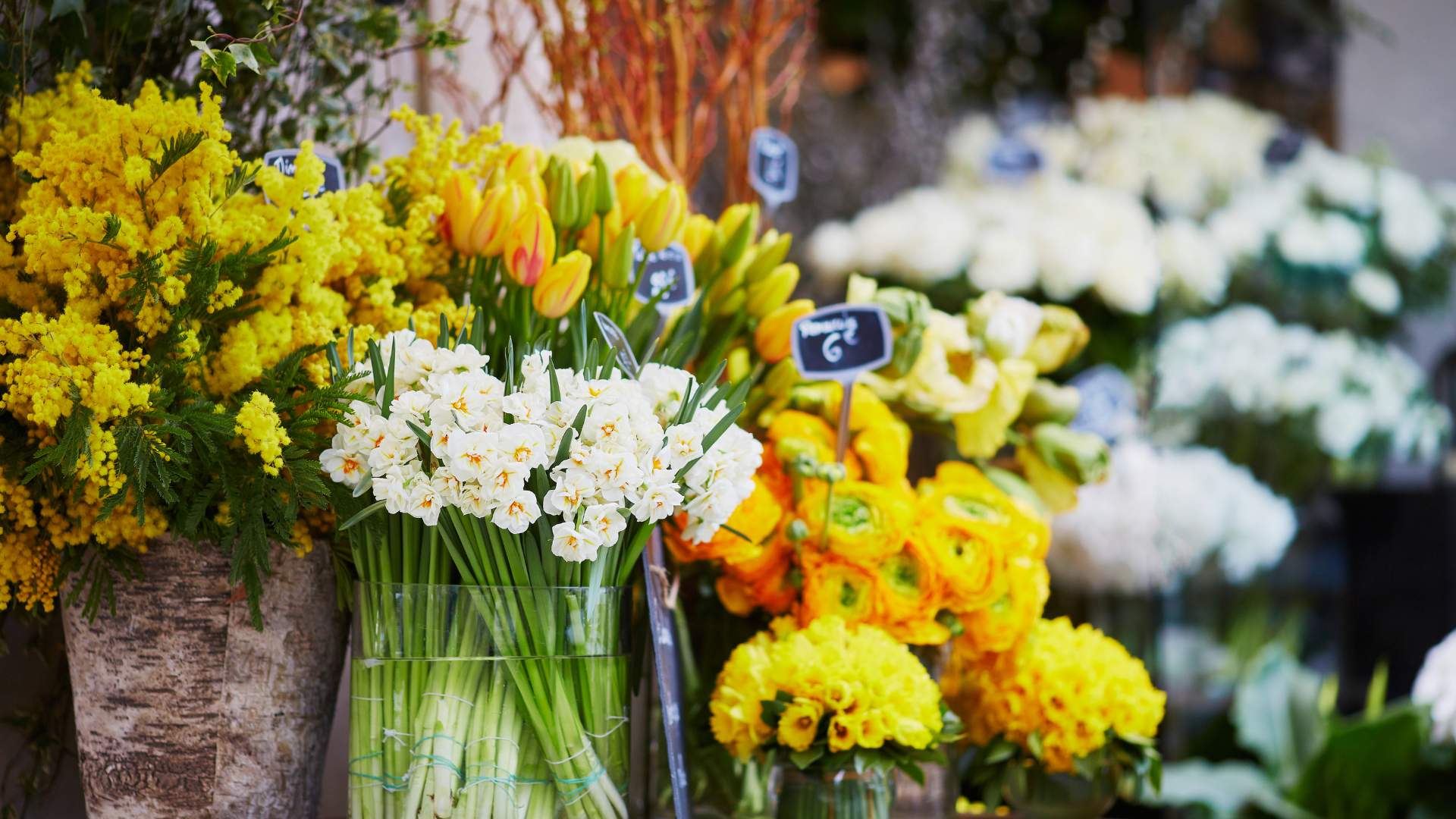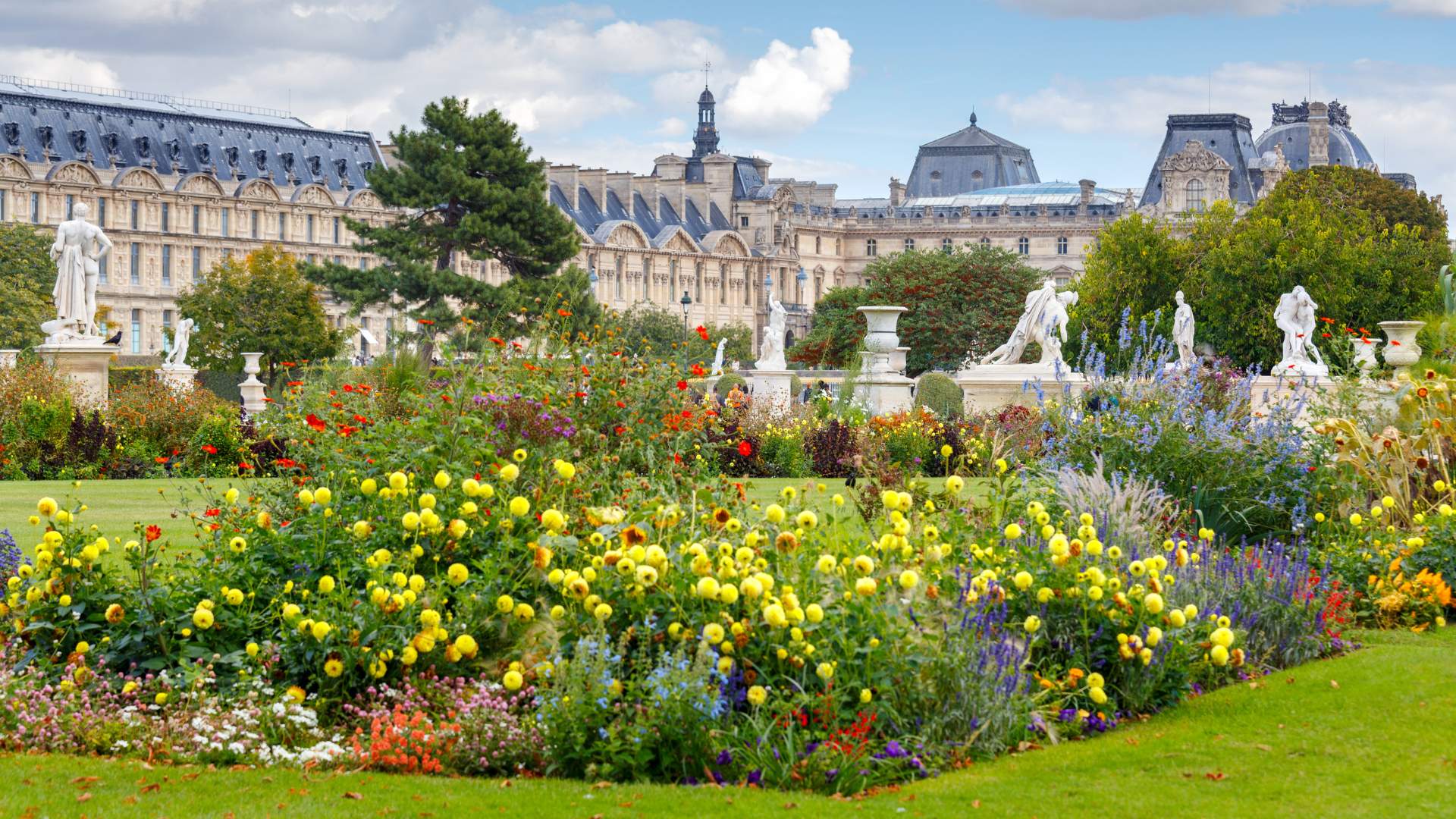Master of custom floral decoration
Flowers have always played a central role in the most significant events in our lives. Whether it's weddings, gala evenings, conferences, or product launches, they bring a touch of elegance, color, and life to any setting. Behind every perfectly orchestrated floral arrangement is often an event florist, a professional who combines artistry, craftsmanship, and expertise to transform visions into floral reality. This article explores the importance and crucial role of event florists in the success of various events, while highlighting the importance of personalization and creativity in their work.
The Role of the Event Florist
An event florist is much more than just a flower supplier. They are artists and designers of floral design, specializing in creating bespoke concepts that meet the specific needs and desires of each client. Their role begins well before the event and extends through several crucial stages.
Consultation and planning
The first step in any event project for a florist is the consultation. Understanding the client's expectations, the event theme, the color palette, and the budget is essential. This phase allows them to identify the client's preferences and outline the floral project. Experienced florists have a keen ear and a keen eye for capturing the smallest details that will make all the difference.
Creation of the concept
After identifying the client's needs, the florist moves on to the creation phase. This stage involves designing centerpieces, bouquets, floral arches, garlands, and many other decorative elements. Each creation is unique and tailor-made, incorporating seasonal flowers, harmonious colors, and varied textures for a perfect aesthetic.
Logistics and coordination
Logistics is an essential component of an event florist's job. It includes selecting and ordering flowers, managing deliveries, and coordinating with other event vendors. Precise timing and flawless execution are crucial to ensure flowers arrive in perfect condition and are installed on time for the event.
Installation and Finishing
On the day of the event, the florist and their team are often among the first to arrive and the last to leave. They ensure that each floral arrangement is impeccably placed and that the entire floral design is cohesive and aesthetically pleasing. Their work is not complete until the client is completely satisfied and the event can begin under the best auspices.
Personalization: the key to success
Every event is unique, and the floral design should reflect this uniqueness. Event florists excel in the art of personalization, tailoring their creations to the specific tastes and needs of their clients. Here are some aspects of personalization in the work of an event florist:
Themes and Styles
Whether it's a bohemian wedding, a glamorous soiree, or a professional conference, the florist must adapt their creations to the theme and style of the event. This may involve using exotic flowers for a tropical theme, sleek arrangements for a modern setting, or country-style compositions for a rustic feel.
Color Palette
The color palette is a fundamental element of floral decoration. The florist must coordinate the colors of the flowers with those of the overall event decor. Bright, contrasting colors can energize a room, while pastel shades bring softness and elegance.
Types of Flowers
The choice of flowers is also crucial. Some flowers have specific meanings and can be chosen for their symbolism. For example, red roses symbolize passionate love, while white lilies represent purity. The florist must also consider the client's personal preferences and the seasonal availability of flowers.
Creativity: The soul of the Event Florist
Creativity is the very essence of an event florist's work. Each floral creation is a work of art, requiring artistic vision and a keen sense of aesthetics. Here are some examples of how creativity is expressed in this field:
Design of Master Pieces
Centerpieces are often the focal point of floral design. They must not only be beautiful, but also blend harmoniously into the overall decor. Florists can play with heights, textures, and shapes to create unique and captivating arrangements.
Use of Unusual Materials
To stand out from the crowd, event florists can incorporate unexpected elements into their creations, such as fruit, branches, seashells, or even lights. These additions add a touch of originality and pleasantly surprise guests.
Innovation and Trends
The world of floral design is constantly evolving, with new trends emerging every year. Event florists must stay on top of these trends, while innovating to deliver ever more impressive creations. Whether it's the use of dried flowers, asymmetrical arrangements, or hanging installations, they must constantly push the boundaries of their creativity.
Managing complex events
Large events, such as celebrity weddings, charity galas, or product launches, require meticulous planning and flawless execution. Event florists play a crucial role in the success of these events by coordinating with planners and other vendors, and handling unforeseen events with professionalism and composure.
Collaboration with the Organizers
Good communication and close collaboration with event organizers are essential. The florist must ensure that their vision fits seamlessly into the overall event plan, while respecting logistical and budgetary constraints.
Flexibility and Responsiveness
Large-scale events can present unforeseen challenges, such as last-minute program changes or technical issues. Event florists must be flexible and responsive to adapt quickly to these situations while maintaining a high level of quality in their creations.
Environmental Impact
Today, more and more customers are aware of the environmental impact of their choices. Event florists must therefore incorporate sustainable practices into their work, choosing local and seasonal flowers, avoiding non-recyclable plastics, and favoring environmentally friendly growing methods.
Selection of Local Flowers
Using local flowers not only reduces your carbon footprint, but also supports local producers. Plus, local flowers are often fresher and of higher quality.
Waste Reduction
Event florists must also consider the end-of-life of their creations. Recycling flowers, using compostable materials, and reducing waste are practices that are becoming increasingly common.
The event florist is an essential artisan in the success of any event, whether intimate or grandiose. Their ability to listen, create, personalize, and innovate makes them a key partner in transforming any setting into a true floral masterpiece. By showcasing their expertise and passion for floral beauty, these professionals continue to enchant and surprise, creating unforgettable memories for their clients and guests. Thanks to their talent, each event becomes a unique and memorable experience, where the magic of flowers works at every moment.
